Microbe Roundup
Microbes in the human gut could be partially responsible for food cravings.


Scientists can assess the health of marine ecosystems by recording the coughing sounds made by scallops.
Scientists have identified neurons in the brain that trigger hot flashes during menopause.

Smartphones with a small device attached can be used to test for food allergies.
Modifying the digestive process of bacteria could produce a useful fuel from common fats.


Terahertz waves, which could greatly improve scanning, imaging, and communication, just got a lot more practical.

Removing sperm and egg-producing cells from roundworms makes them live longer, and a new study reveals why.

Ultrasound can monitor the lubrication in a car engine, which may improve oil efficiency.
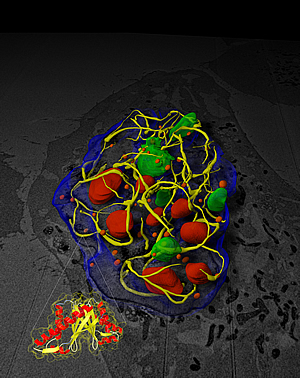
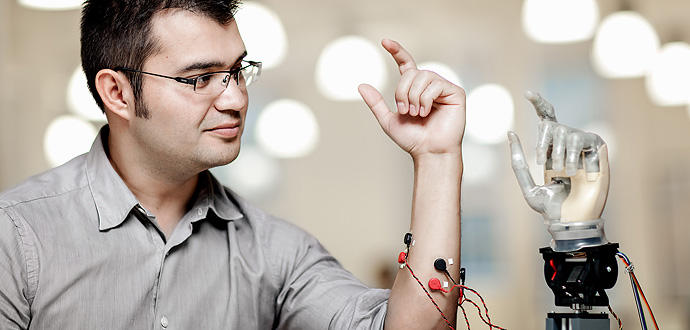
Prosthetic limbs are moving ever closer to life-like, thought-controlled replicas.
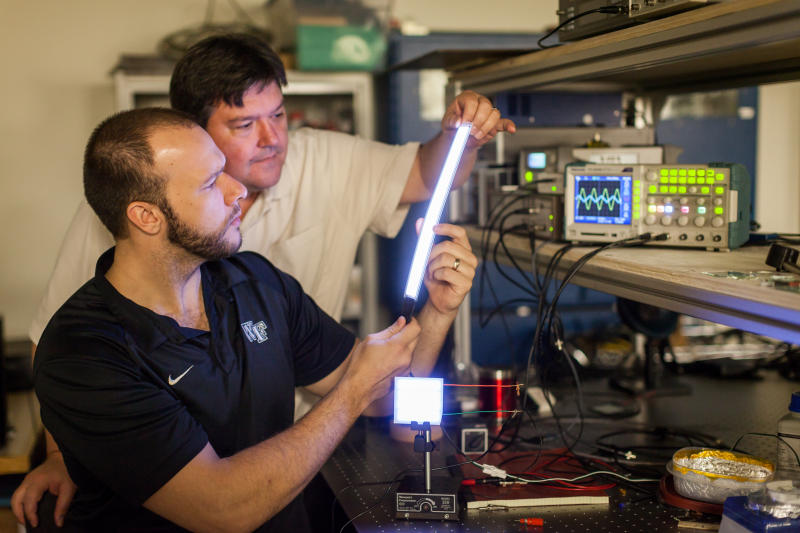
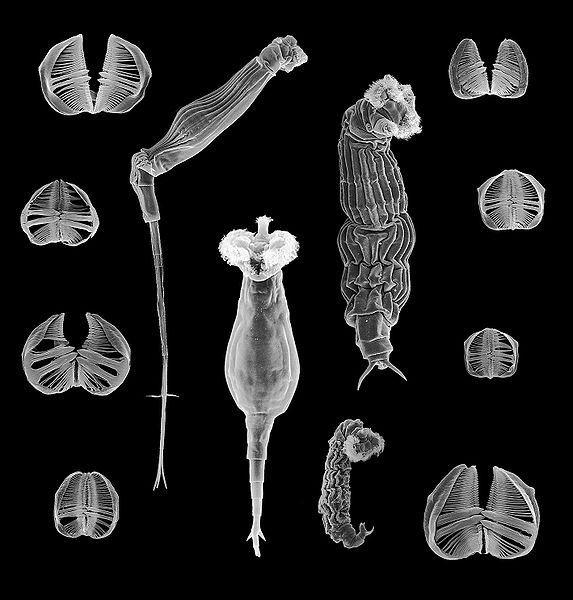
A group of microscopic animals get 10% of their active genes by eating the DNA of other species.
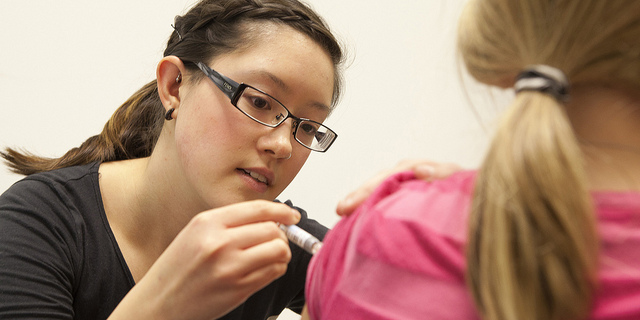
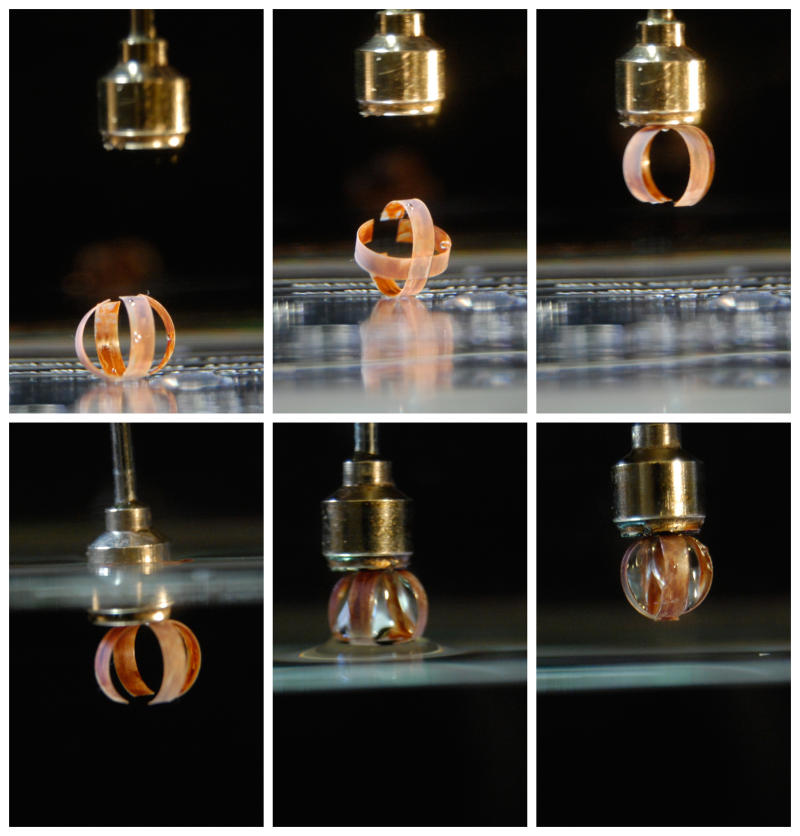
An Australian bird thwarts nest invaders by requiring its young to sing a secret call to get fed.
A meltdown of Arctic ice may have triggered the last deep freeze in the Northern Hemisphere.
No one likes having mucus, but in some circumstances, it may be able to fight dangerous bacteria.



